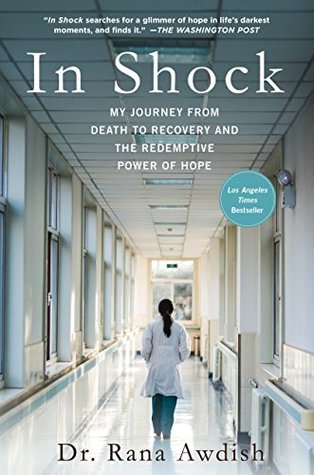More on this book
Community
Kindle Notes & Highlights
by
Rana Awdish
Read between
December 11, 2018 - April 21, 2019
It seemed to me a tremendous imbalance, to have spent all of those years focused on acquisition of information without also having cultivated sufficient space for empathy.
It’s a terrible feeling to believe you are being taken advantage of by someone for whom you’ve sacrificed so much of your own life. And there are certainly times, perhaps most commonly associated with treatment of exaggerated or imagined acute pain, when physicians perceive they are being manipulated and used. It’s arguably a worse, more isolating feeling to be in legitimate pain and be deprived of relief. This withholding of pain relief by an emotionally guarded physician is damaging to everyone involved, patient and physician alike.
The shared narrative of inadequacy and shame was perpetuated. As if resilience were a binary trait that one possessed or lacked. As if resilience didn’t require a culture that is committed to fostering dialogue, building spaces for shared disclosure, and empathy. A culture designed to help us heal ourselves so that we may better attend to our patients.
Murakami’s short story “Birthday Girl”
Vonnegut and Salinger. Perhaps someone had left it behind?
That subtle dismissiveness left me feeling ashamed, and thus I was more likely to wait until I knew I had no choice. We do that, when the symptoms are vague and the lab results and imaging studies are normal, we believe the patient must have some other motivation, some secondary gain or emotional need that is placated by medical attention. It’s an uncomfortable position as a physician: to believe a patient wants to be sick when they are not. It’s difficult for us to conceive of desiring sickness when surrounded by so many patients desperate for a cure.


